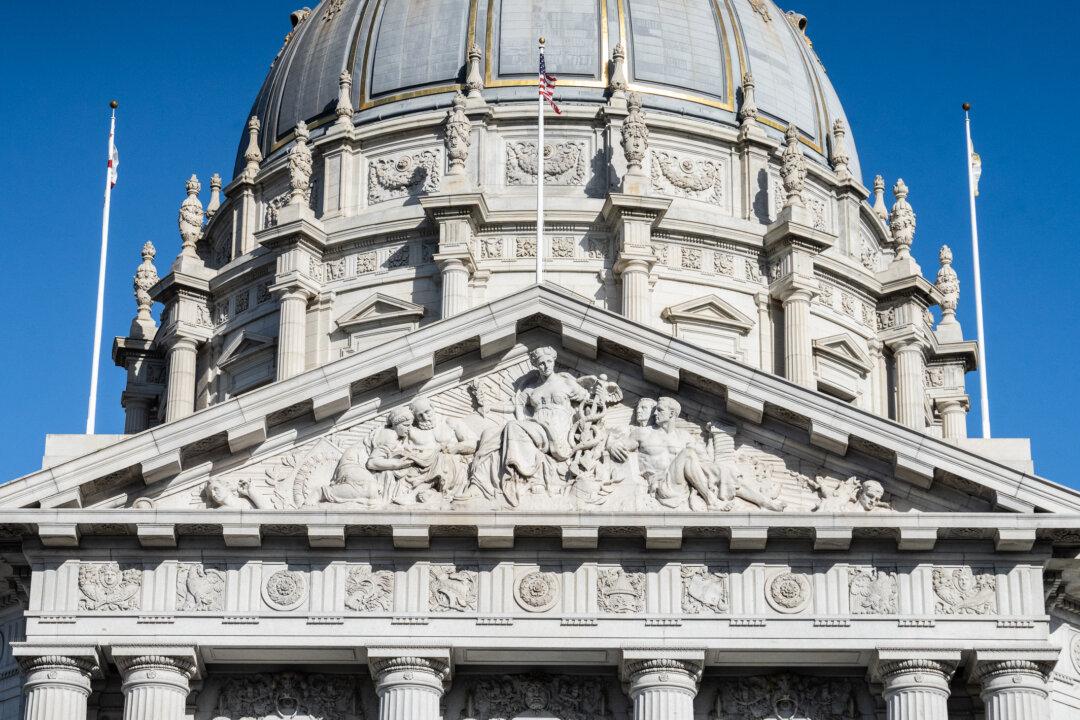With crime trends and a change in work patterns negatively affecting San Francisco, revenue shortfalls are weighing on city plans, with some outlooks suggesting that the city’s current budget problem will continue to grow.
The city estimates a $245 million deficit in fiscal year 2024–25, expanding to $554 million in the next year and totaling $1.35 billion by fiscal year 2027–28 due to a disconnect between revenue and increased spending.





